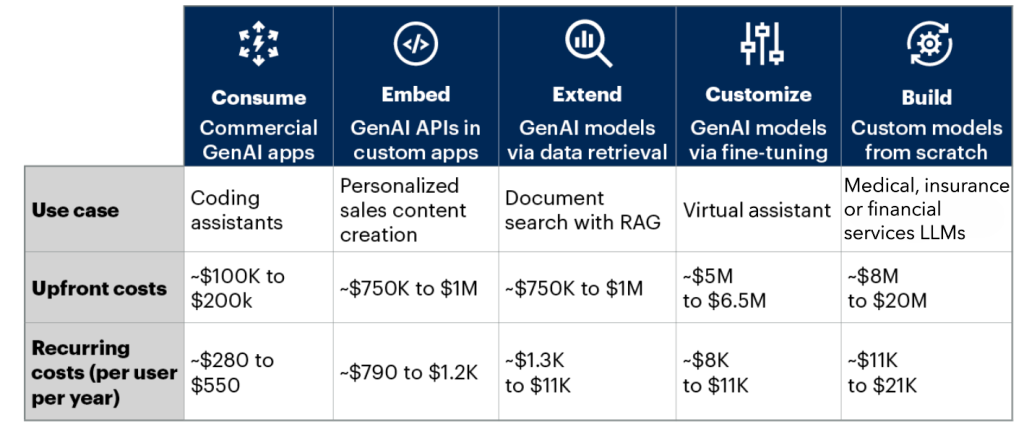30% of GenAI projects may fail after post-proof of concept by 2025

Gartner study sums up the causes
A new report from Gartner predicts that many generative AI (GenAI) projects will be abandoned following their proof-of-concept phase by the end of 2025. The research firm predicts that at least 30% of these projects will be discontinued due to poor data quality, insufficient risk controls, rising costs, or unclear business value.
Speaking at the Gartner Data & Analytics Summit in Sydney, Australia (July 29-30, 2024), Rita Sallam, Chief of Research, Data, Analytics, and AI at Gartner, highlighted the growing impatience among executives now demanding tangible returns on GenAI investments after last year’s surge of enthusiasm.
Sallam said. “Organisations are struggling to demonstrate and realise value as the scope of their initiatives broadens. The financial burden of developing and deploying GenAI models is becoming increasingly apparent.”
Investment challenge
Gartner points out that a major hurdle for many businesses is justifying the significant investment required for GenAI, which can be challenging to link to financial benefits directly.
Deployment costs can range between $5 million and $20 million, depending on the approach and scope (see Figure 1 below).

“There is no one-size-fits-all solution with GenAI, and costs are less predictable than other technologies,” Sallam stated.
“The investment required, the use cases chosen, and the deployment strategies all influence the costs. Whether an organisation aims to be a market disruptor or focuses on productivity improvements, each path involves varying cost, risk, and strategic impact levels.”
Gartner’s research reveals that GenAI often demands a higher tolerance for indirect, future financial returns rather than immediate ROI. Historically, CFOs have hesitated to invest in projects offering delayed benefits, usually skewing investments towards more immediate, tactical outcomes.
Some improvements
Despite the challenges, early adopters of GenAI across various industries have reported notable improvements. A new Gartner survey of 822 business leaders found average gains of 15.8% in revenue, 15.2% in cost savings, and 22.6% in productivity.
“This data provides a useful benchmark for evaluating the business value of GenAI innovations,” Sallam noted.
“However, it’s crucial to understand that benefits vary widely by company, use case, and individual role. The impact may not be immediate but can become significant over time.”
To effectively gauge GenAI’s business impact, organisations must balance the total costs against the anticipated value.
“If business outcomes meet or exceed expectations, it may be worth expanding GenAI investments across a broader user base or additional business areas,” Sallam stressed.
Conversely, exploring alternative innovation scenarios might be necessary if results fall short. These insights help organisations strategically allocate resources and choose the most effective path forward.”
Gartner analysts will discuss GenAI and other critical IT trends at the Gartner CIO & IT Executive Conference, scheduled for September 23-25, 2024, in São Paulo, Brazil, and November 19-21, 2024, in Dubai, UAE.
Featured image: To effectively gauge GenAI’s business impact, organisations must balance the total costs against the anticipated value. Credit: Tara Winstead













